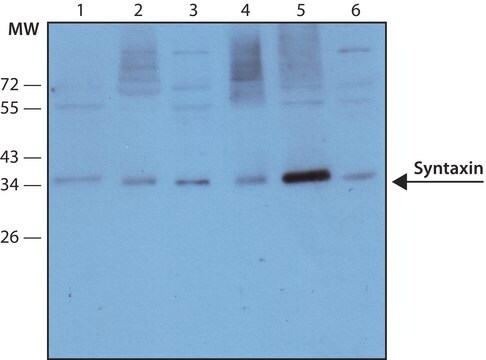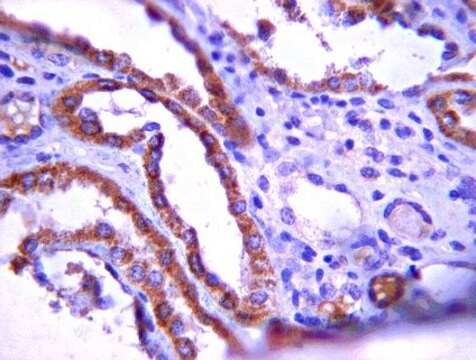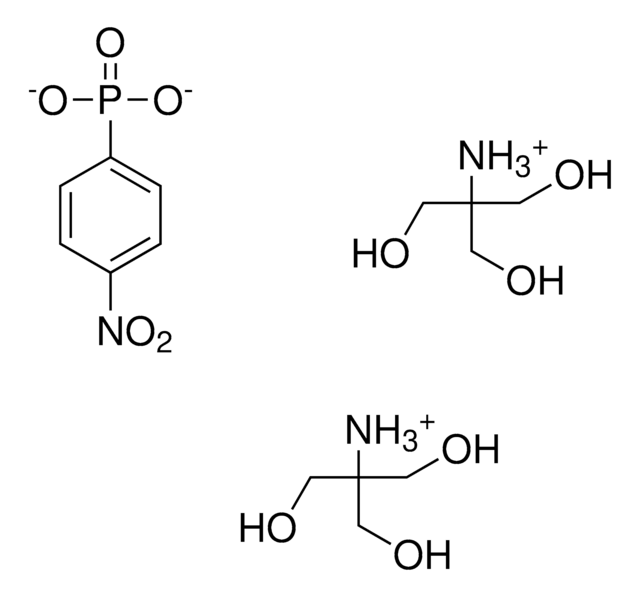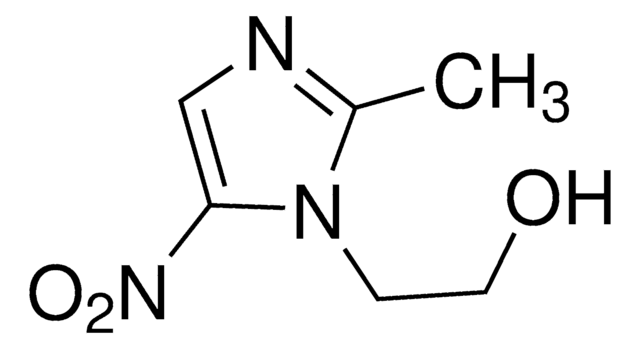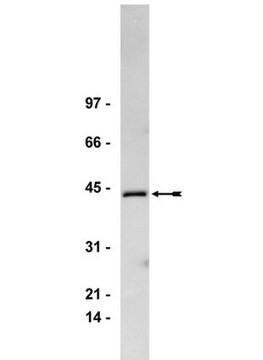E6405
Anti-Endothelial Cell Protein C Receptor antibody, Rat monoclonal
clone RCR-379, purified from hybridoma cell culture
Sinônimo(s):
Anti-EPCR, Monoclonal Anti-Endothelial Cell Protein C Receptor antibody produced in rat
About This Item
Produtos recomendados
fonte biológica
rat
conjugado
unconjugated
forma do anticorpo
purified from hybridoma cell culture
tipo de produto de anticorpo
primary antibodies
clone
RCR-379, monoclonal
forma
buffered aqueous solution
reatividade de espécies
human
técnica(s)
flow cytometry: 5-20 μg/mL using HUVEC cells
Isotipo
IgG2a
nº de adesão UniProt
Condições de expedição
dry ice
temperatura de armazenamento
−20°C
modificação pós-traducional do alvo
unmodified
Informações sobre genes
human ... PROCR(10544)
Descrição geral
Especificidade
Imunogênio
Aplicação
Ações bioquímicas/fisiológicas
forma física
Armazenamento e estabilidade
Exoneração de responsabilidade
Not finding the right product?
Try our Ferramenta de seleção de produtos.
Código de classe de armazenamento
10 - Combustible liquids
Classe de risco de água (WGK)
WGK 2
Ponto de fulgor (°F)
Not applicable
Ponto de fulgor (°C)
Not applicable
Equipamento de proteção individual
Eyeshields, Gloves, multi-purpose combination respirator cartridge (US)
Certificados de análise (COA)
Busque Certificados de análise (COA) digitando o Número do Lote do produto. Os números de lote e remessa podem ser encontrados no rótulo de um produto após a palavra “Lot” ou “Batch”.
Já possui este produto?
Encontre a documentação dos produtos que você adquiriu recentemente na biblioteca de documentos.
Nossa equipe de cientistas tem experiência em todas as áreas de pesquisa, incluindo Life Sciences, ciência de materiais, síntese química, cromatografia, química analítica e muitas outras.
Entre em contato com a assistência técnica